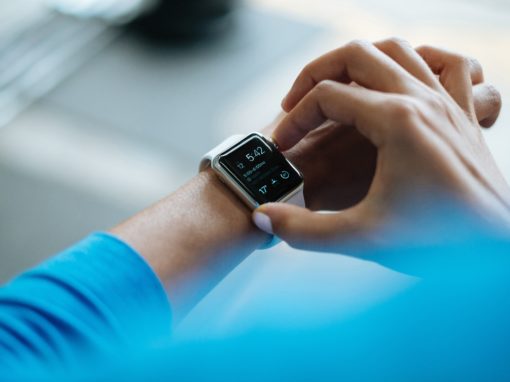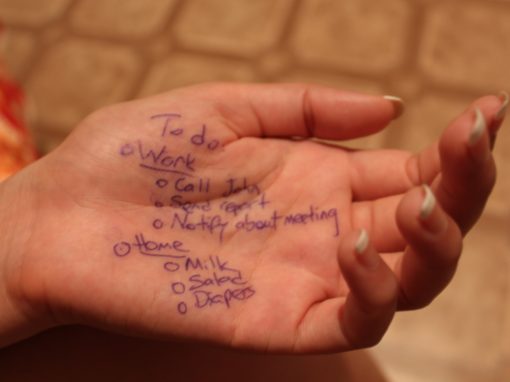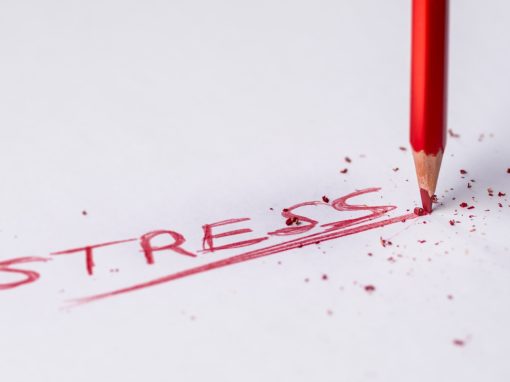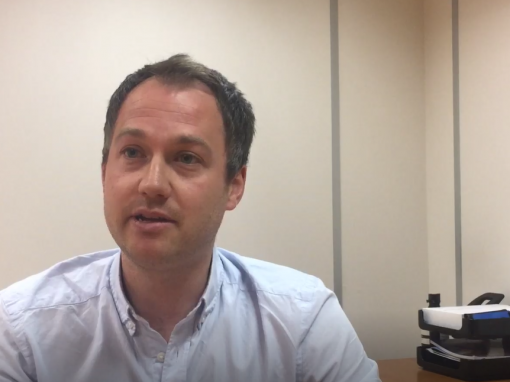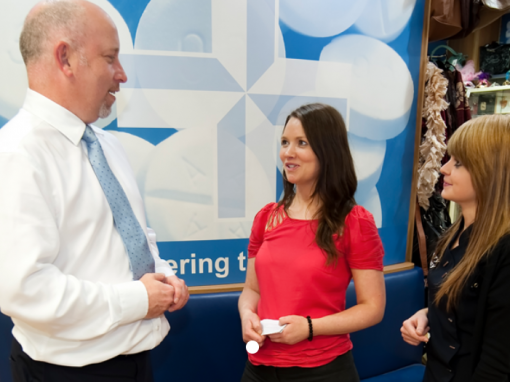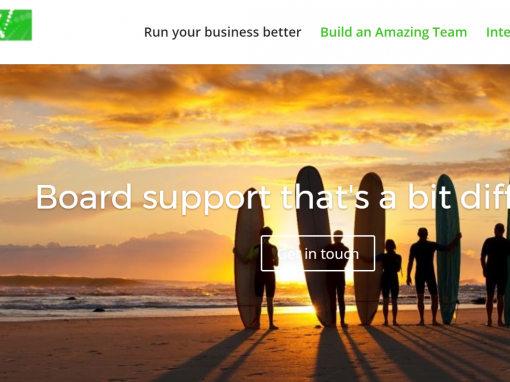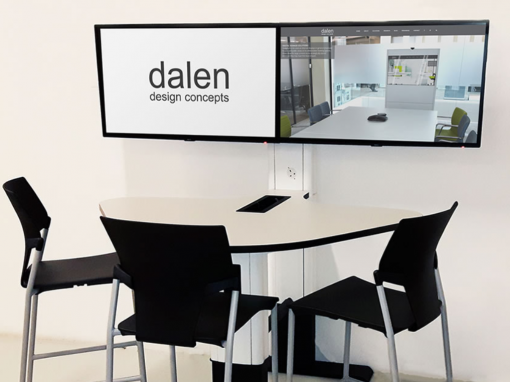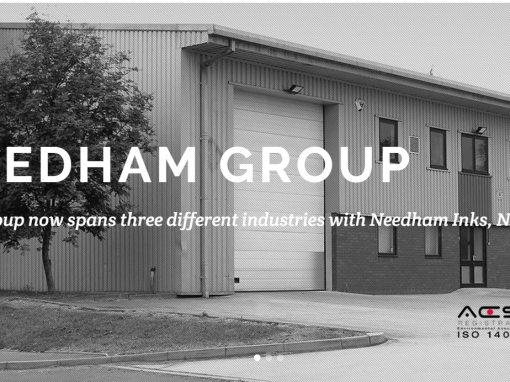Meetings and Mental Health
Are you one of the many people who find meetings, or certain meetings, stressful? On World Mental Health Day, we’re encouraged to consider the mental health of those around us. The Health and Safety Executive tells us that one in four of us will experience a mental health problem at some point and that anxiety and depression are the most common problems experienced. Work-related issues can be the cause of these problems and we all have a duty to consider how our working practices can affect the mental health of our colleagues. This got me thinking about how the technical tools that we use can impact a person’s mental health and, more specifically, how might they influence the stress and anxiety of a meeting attendee.
Meetings are an opportunity to interact face-to-face with your peers thereby potentially providing some much-needed human contact in the days of digital communication. However, it cannot be ignored that, for some, meetings can be a very stressful experience and the anxiety experienced in the lead up to a meeting may have a significant impact on that individual’s mental health.
Our business is meetings and making meetings work better but our interest very much extends to what happens outside of the meetings, which might surprise you. We see that a well-run meeting, with clear decisions and defined actions provided to attendees can improve the performance of that team, and that’s what makes what we do even more exciting. From our observations, if we have anxious attendees we have less productive meetings and less well-performing teams, possibly due to a missed opportunity to engage and connect with those individuals during the meetings.
Having used Magic Minutes in hundreds of meetings ourselves, we’ve seen the impact that preparation and clarity can have on the observable anxiety of the teams that we interact with. We’re certainly not claiming to have found the absolute answer to meeting stress but we do believe that giving your team the rights tools and information, and allowing them to fully prepare for a meeting, can help to reduce the anxiety that may be experienced.
For most people, being put on the spot in a meeting can be a stressful and even humiliating experience. The first step to avoiding this is to create an agenda ahead of the meeting that is distributed to the attendees, providing a clear picture of what the meeting will address. We encourage requests for reports from attendees ahead of the meeting for specific agenda items, rather than asking for information at the meeting that they don’t have to hand. Many of us will know the sinking feeling of being unable to remember the correct figures when being asked to produce them on the fly. If you pull these reports together to create a meeting pack that can be viewed ahead of the meeting then all attendees are aware of the relevant material to be discussed. Being informed means being better able to positively contribute to the meeting.
Of course, we haven’t forgotten the minute taker. We have chaired hundreds of meetings and are all too familiar with the pitfalls of being chair, participant and minute-taker at the same time. To address this, we have a couple of tips. We use “helper text” when setting up agendas; commonly used sentences or phrases that we can pull into the minutes, saving the time spent typing them out. We also remind minute takers that they can amend their minutes once the meeting is over. Once you are happy that you don’t have lots of typos or sentences that don’t quite convey the point made (and we recommend this is done straight after the meeting), you can send them out to your team with a confident click of a button.
This month, we’re encouraged to create learning opportunities for our staff and work with our colleagues to reduce the stigma around mental health. For advice on getting involved in the workplace https://www.time-to-change.org.uk/get-involved/get-your-workplace-involved is an excellent resource.
Other things you might be interested in...



